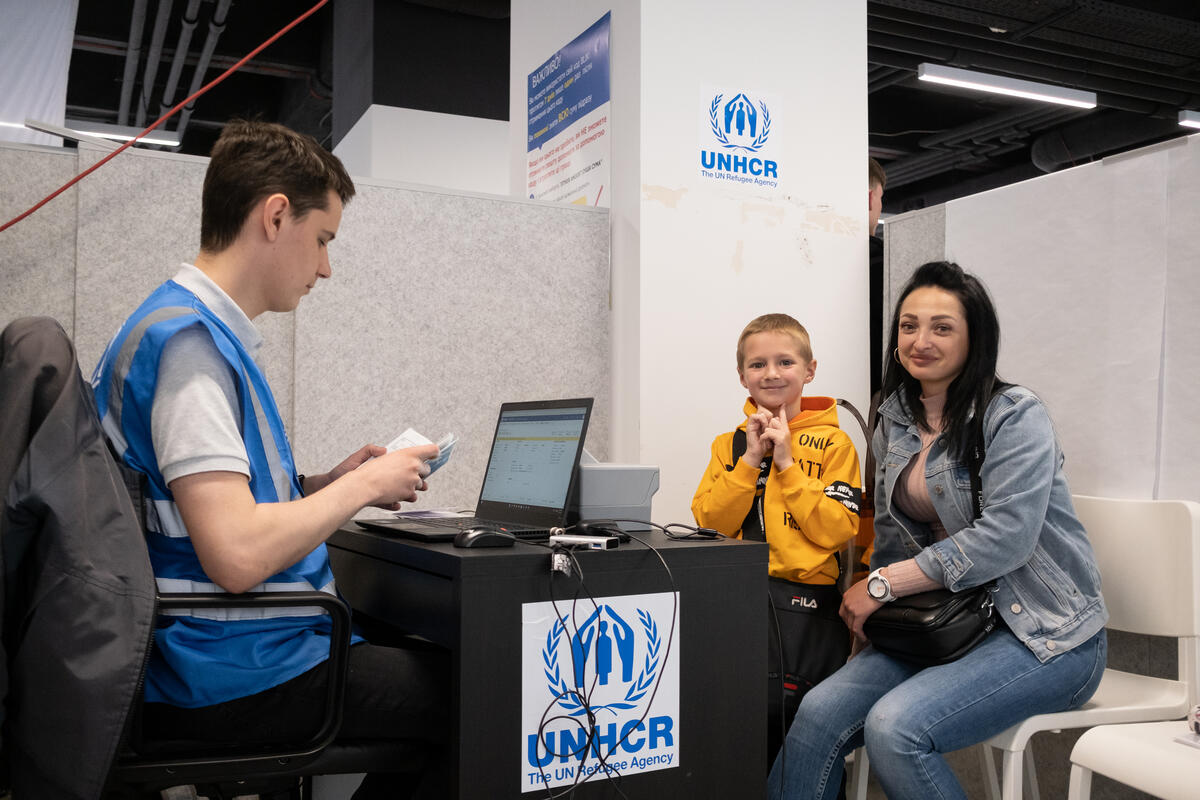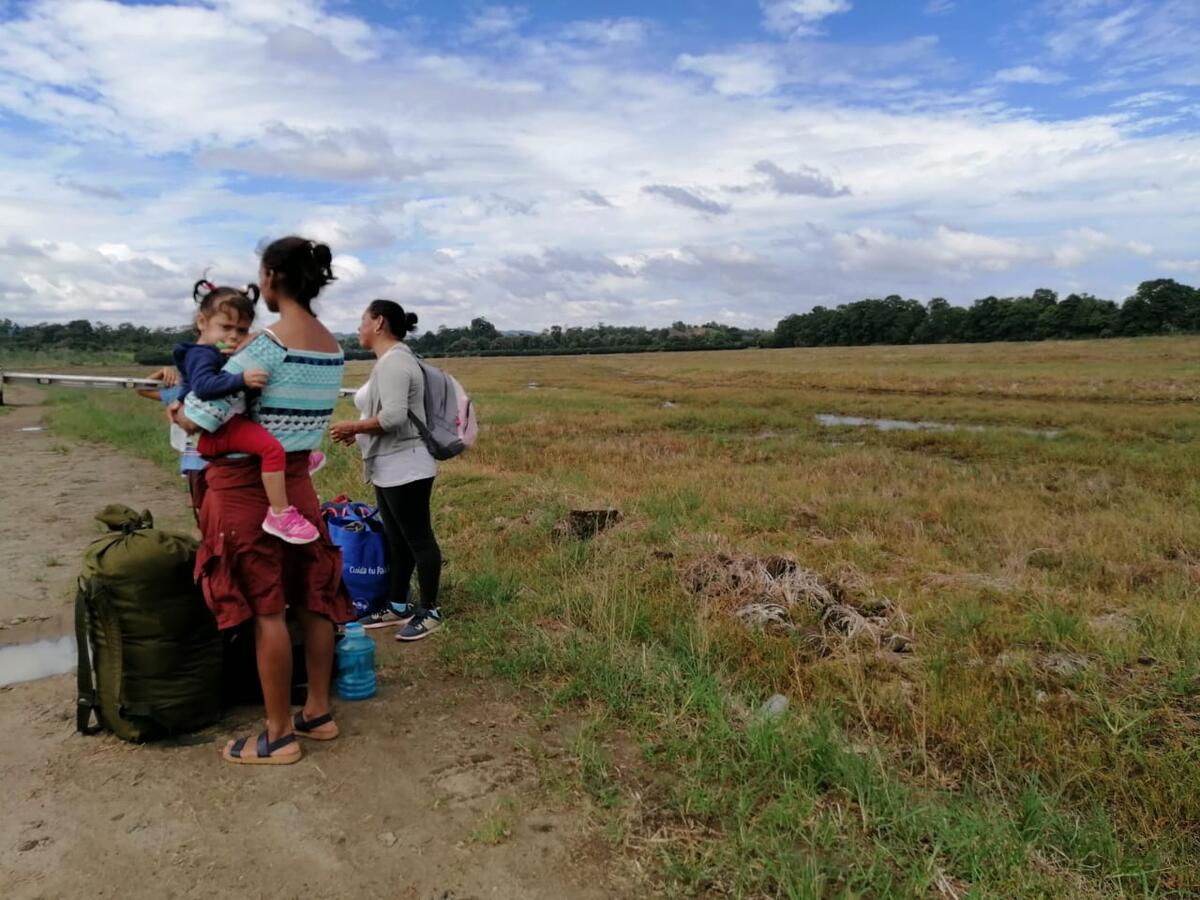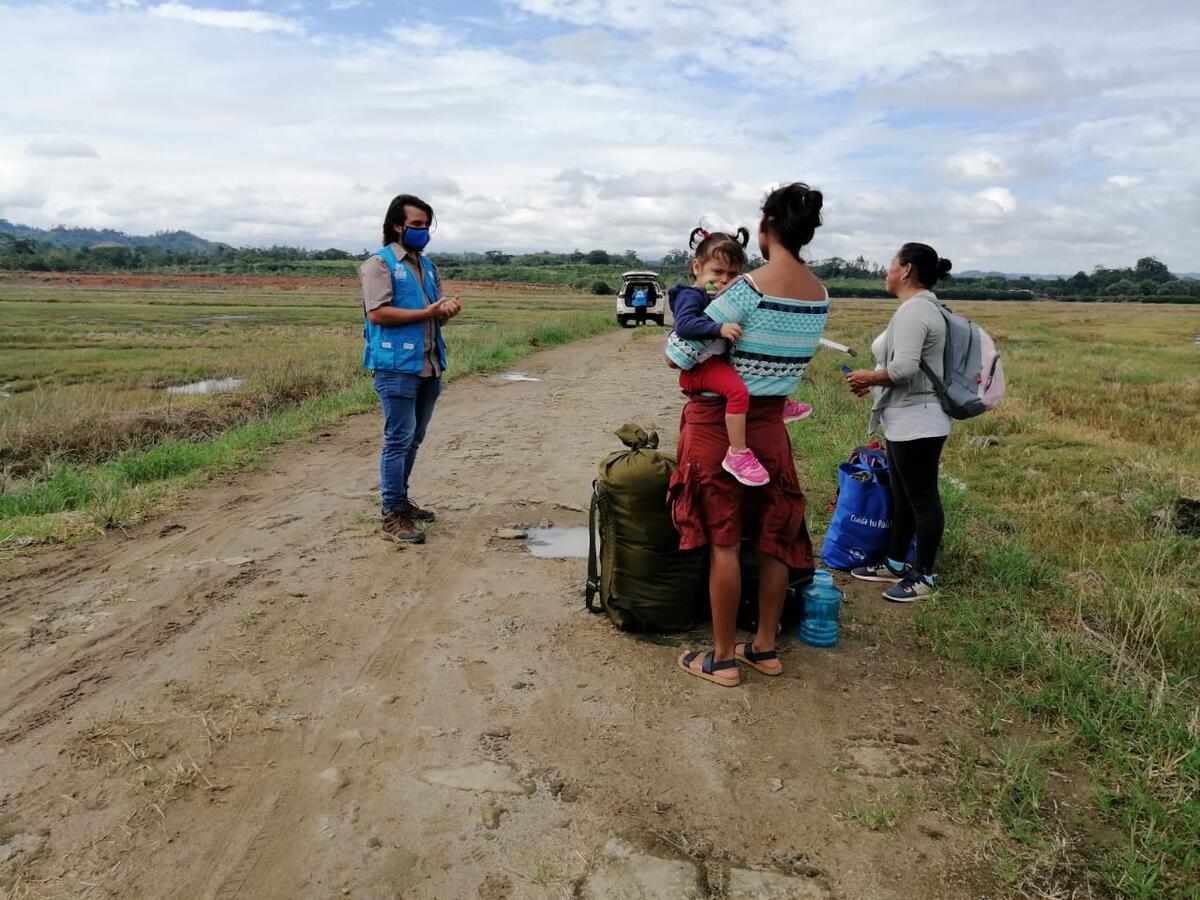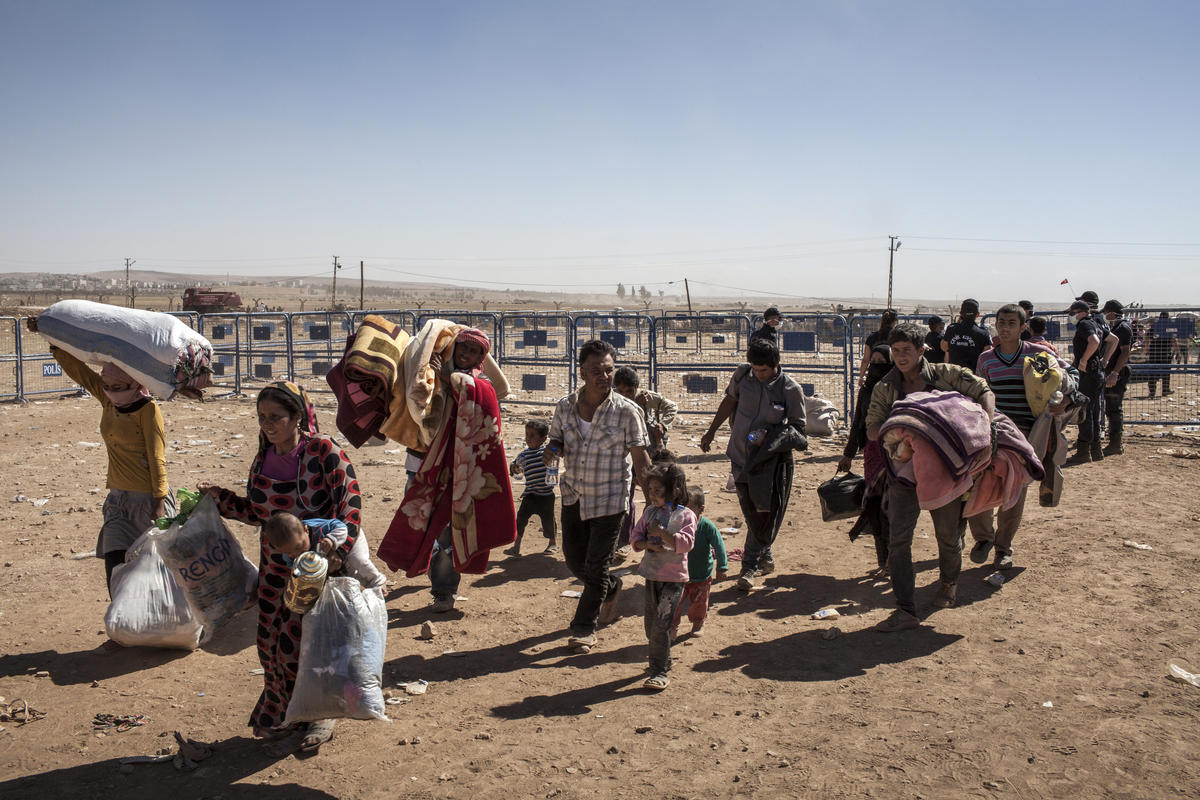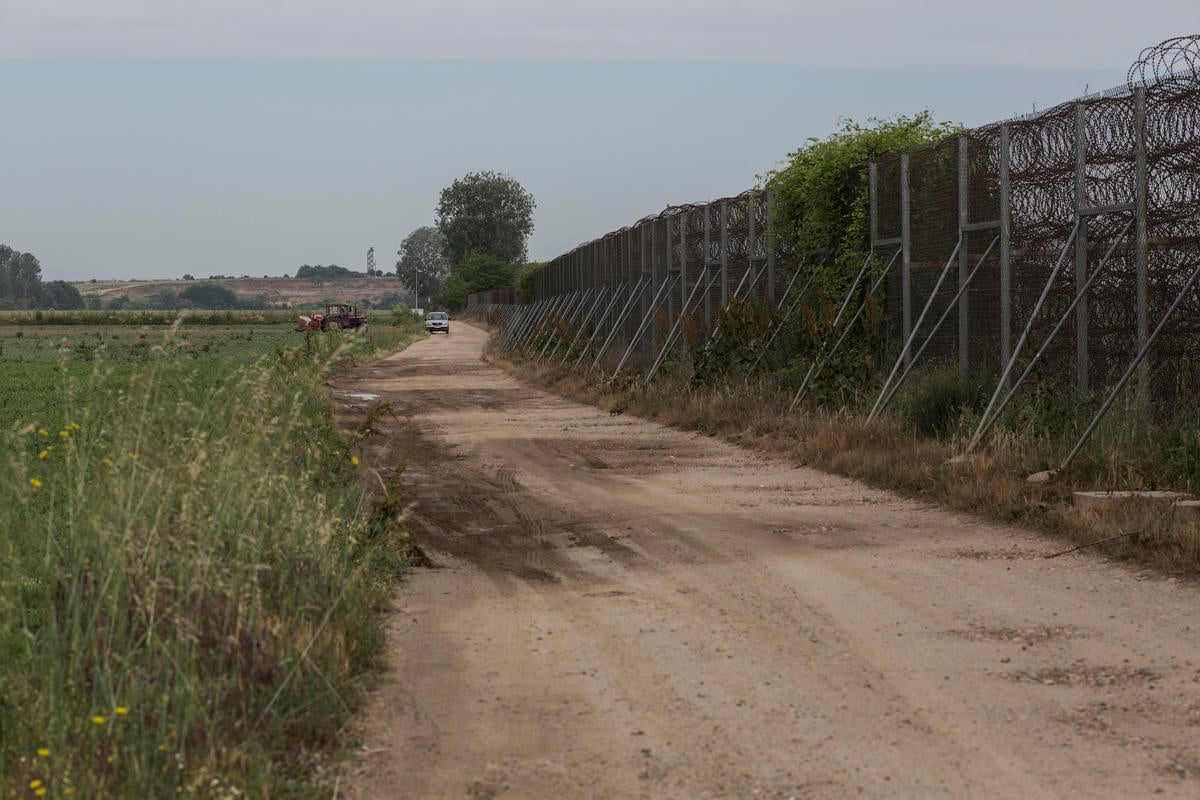UNHCR welcomes new UK effort to improve asylum screening
UNHCR welcomes new UK effort to improve asylum screening

LONDON, United Kingdom, March 21 (UNHCR) - The UN refugee agency has praised Britain's efforts to improve its asylum system and said the country was at the forefront of efforts to protect victims of persecution and war.
"As persons who make or contribute to this [refugee status] determination here in the UK, you are at the forefront of safeguarding the rights of refugees," Bemma Donkoh, UNHCR's representative to the United Kingdom, told senior government caseworkers last week in London at the official launch of the country's New Asylum Model (NAM).
The new system includes far closer and consistent contact between the asylum claimant and the official handling the claim - the Home Office, the UK ministry responsible for processing asylum claims, believes it will mean better and more speedy decisions.
The NAM features a regionalisation of the processing of asylum claims as well as processing of cases by a single caseworker from the start of the process to its conclusion, be that through the integration of a recognised refugee or the removal of an unsuccessful asylum claimant.
Donkoh told senior government officials attending the launch ceremony, including Home Secretary John Reid, that UNHCR welcomed Britain's commitment to producing higher quality asylum decisions and faster recognition of well-founded claims. She also urged immigration officials to focus on helping people in need of international protection.
"I see your role as not primarily about the enforcement of borders, nor about targets or the removal of illegal immigrants or keeping 'recognition' rates down," Donkoh said. "Your role is about ensuring that those who are in the UK and who are in need of international protection, receive it.
"That is also your performance indicator, to meet the obligations of the UK as a signatory to the 1951 Refugee Convention," Donkoh said, as she advised caseworkers to ensure asylum claimants got the protection they require. "There will be some who do not warrant such status, but there will always be many who do," she added.
UNHCR has been working with the Home Office since 2004 to improve initial decision making, through what is known as the Quality Initiative project. Several of UNHCR's recommendations, including the need to raise recruitment standards for caseworkers and to provide more in-depth training and apply a system of accreditation, have been incorporated into the design of NAM's new end-to-end process.
Last year, asylum applications in the UK hit their lowest level since 1993, whilst the number of removals and deportations by the Immigration and Nationality Directorate hit an all-time high. A total of 18,235 people were removed from the UK, including dependants - a 16 percent increase on 2005. Since 1997, the removal of principal applicants has risen by 127 percent.
Asylum figures for the year show that applications stood at 23,520, down by nine per cent compared to 2005. The top five applicant nationalities in 2006 were Eritrea, Afghanistan, Iran, China and Somalia. The number of Iraqi claimants rose in the final quarter of last year to 355 - excluding dependants - from 330 in the third quarter.
By Duncan Trevan in London, United Kingdom




